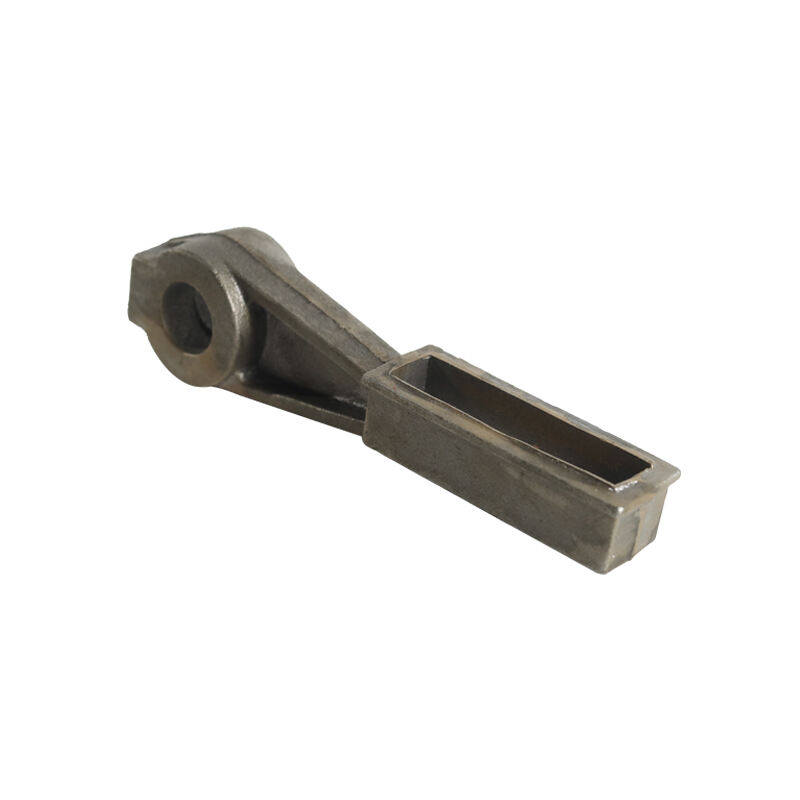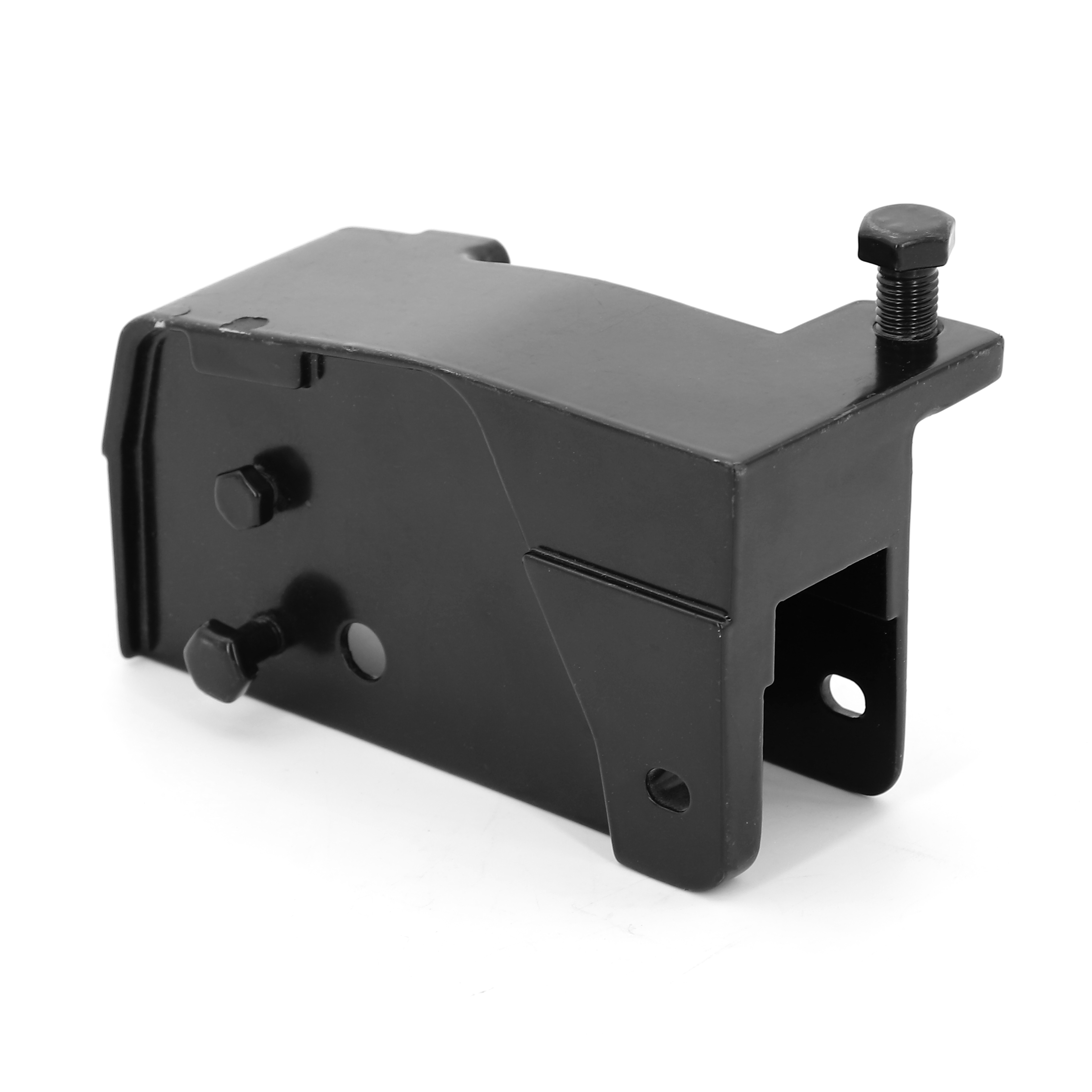steel casting
Steel casting represents a fundamental manufacturing process that transforms liquid steel into precisely shaped components through the use of molds. This versatile method enables the production of complex geometries and intricate designs that would be difficult or impossible to achieve through other manufacturing techniques. The process begins with the preparation of a detailed pattern, followed by the creation of molds using various materials such as sand, ceramic, or investment casting materials. Molten steel is then carefully poured into these molds, allowing it to solidify and take the desired shape. The technology accommodates both small-scale custom pieces and large industrial components, making it essential across numerous sectors including automotive, aerospace, mining, and construction. Modern steel casting incorporates advanced technologies such as computer-aided design (CAD) and simulation software to optimize mold design and ensure consistent quality. The process allows for the integration of various alloying elements to enhance specific properties such as strength, wear resistance, and corrosion resistance, making it possible to tailor the final product to specific application requirements.


